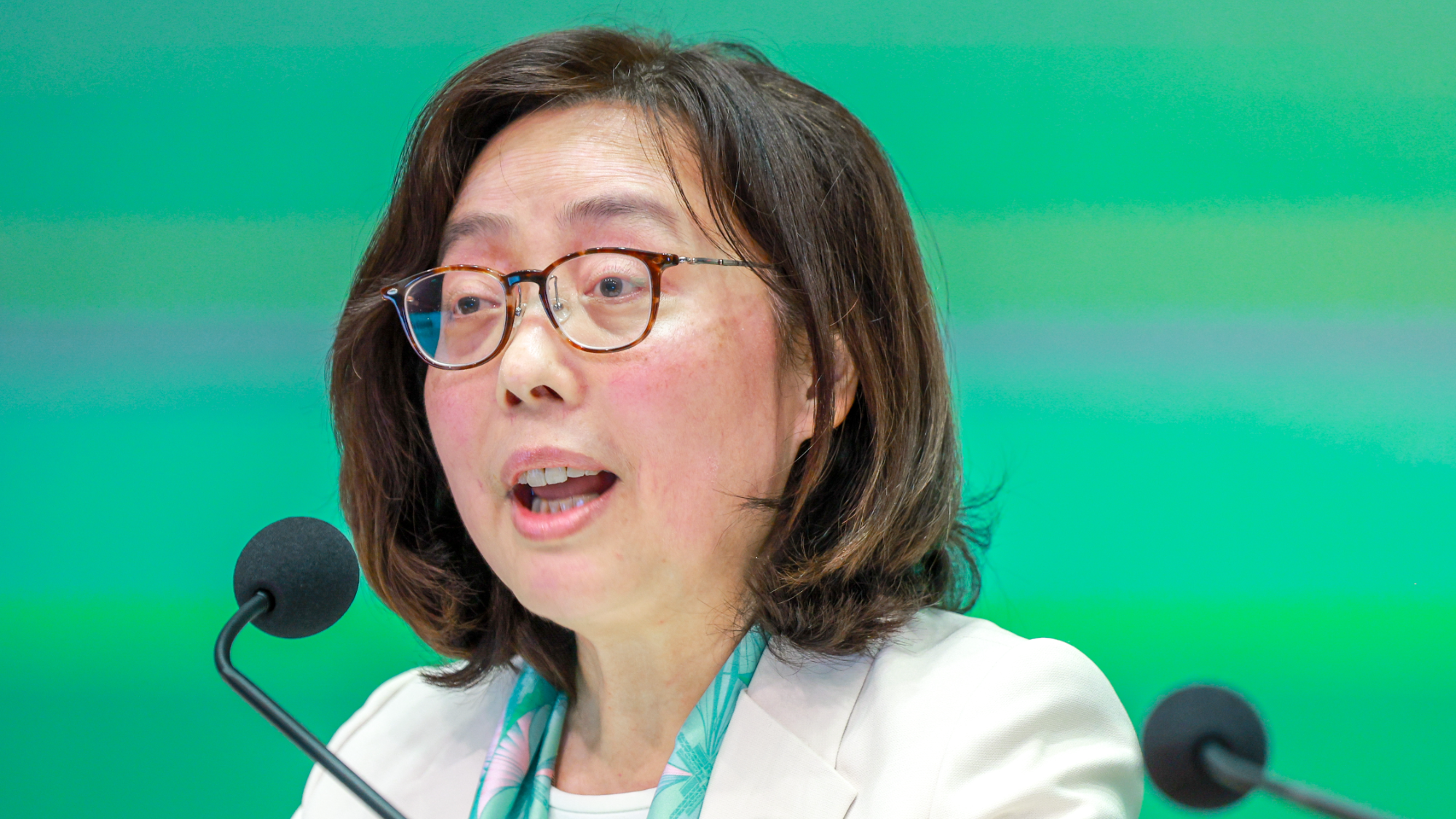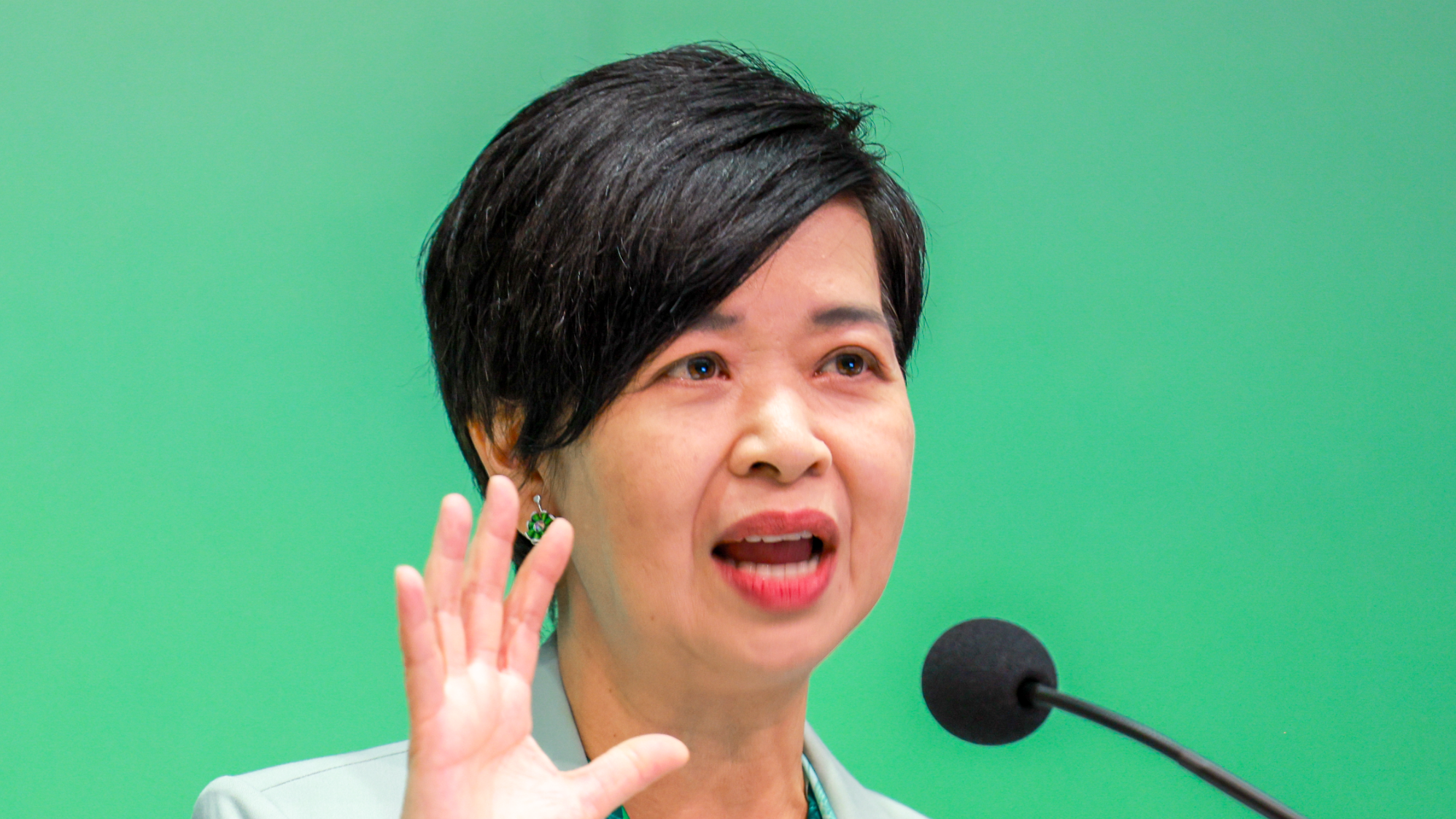
Hastening urban renewal is a major focus of land development initiatives in this year’s Policy Address, as it is moving relatively slowly in Hong Kong due to recent global economic uncertainty and local property market sluggishness.
In the Policy Address, the government of Hong Kong Special Administrative Region proposed that unutilized plot ratio from redevelopment projects could be transferred to projects in other districts or even new development areas, to enhance market incentives for redevelopment. Currently, the transfer of plot ratios is only permitted for property development projects within the same district.
The administration also proposed increasing plot ratio for private redevelopment projects in seven designated districts with more pressing redevelopment needs. Developers are allowed to transfer the increased plot ratio to other districts or even new development areas, or the increased plot ratio can be monetized to become a land premium voucher in the future, for offsetting the land premium payable for bidding land, lease modification in other projects, or in-situ land exchange.
READ MORE: Hong Kong expects private housing supply to meet target
“As the local property market is relatively subdued, this slows down the pace of redevelopment projects. Moreover, developers do not have a great incentive to engage in redevelopment projects as the plot ratio of new redevelopment projects will not be high compared to the existing buildings in the district,” Secretary for Development Bernadette Linn Hon-ho said at the Friday press conference to explain the land and housing initiatives set out in the Policy Address.
The government also recommended reserving three sites in Kwu Tung North and Fanling North new development areas in the Northern Metropolis for the Urban Renewal Authority to construct new housing which will be used as replacement flats under the “Flat-for-Flat” scheme.
Linn emphasized that the Town Planning Board will play a gatekeeper role to examine cross-district plot ratio transfers so that different urban planning needs can be balanced.
“We hope the review of the compensation mechanism and urban redevelopment strategy can be completed within the next year so we can conduct a public consultation afterwards,” the development secretary added.
In the Policy Address, the government said it will have sufficient land to build 126,000 private residential units in the coming decade as projected by the Long Term Housing Strategy. Sites measuring 2,600 hectares have gone through procedures such as rezoning, clearance and formation, and they are ready for building work to start within the next decade; 70 percent of them are located in the Northern Metropolis area.
Regarding public rental units, the government expects overall public housing production in the next five years to reach 189,000 units, about 80 percent higher than the figure at the start of its current term. By the first half of 2027, the administration anticipates 30,000 light public housing units can be completed, with the composite waiting time for subsidized rental housing moving closer to the target of 4.5 years in 2026-27.

“Over the next five years, the Housing Authority will provide over 58,000 subsidized housing units that will enhance home ownership opportunities for White and Green Form applicants,” Secretary for Housing Winnie Ho Wing-yin said at the press conference.
READ MORE: HK to boost global hub ambitions with education pushes
“The authority is implementing a comprehensive package of measures to encourage affluent public housing tenants to own their own homes. These measures include keeping public housing rents close to market rental level, and allowing Home Ownership Scheme owners to sell their units after paying the land premium, thereby increasing incentives for public housing residents to purchase their own homes,” Ho added.


